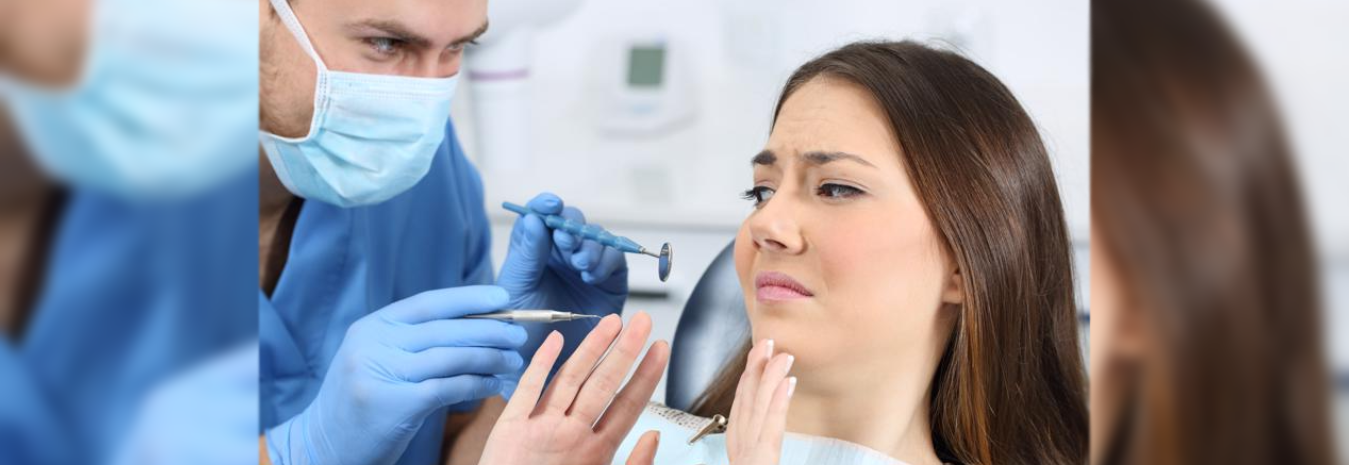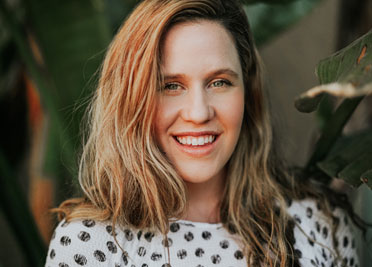Dental Phobia: Dental Sedation Techniques for Nervous Patients

Posted on 17 August 2023
Although you may have a great dentist, routine checkups can still cause anxiety. However, these regular visits outweigh the negatives. Catching a dental issue in its early stages can prevent more invasive and expensive treatment later on.
Despite this, many people with dental phobia are simply too scared to visit a dentist and choose to avoid the situation. Some people may be able to visit the dentist but are still very nervous patients.
Advances in Dentistry
Dentists train for many years and some even specialise in treating people with dental anxiety or dental phobia.
If you, or a family member, experiences anxiety about visiting the dentist, it's a good idea to seek out an experienced dentist and discuss your fears prior to your checkup or treatment.
Advancements in technology and medication mean that there are now more options available to treat dental problems. Treatments often involve less invasive tools and techniques than you may recall, and dentists can incorporate dental sedation where necessary.
One example of an advance in dentistry is the use of laser drills. Laser drills can remove decay and prepare tooth enamel for a filling without the need for as much anesthesia because lasers are less invasive that the dreaded 'dentist's drill' of old.
Medication to control pain, ease anxiety
There are a variety of different medications and methods to provide pain relief. Your dentist will use the appropriate medication for the procedure.
If you have dental anxiety, they may discuss dental sedation with you in more detail because medication may help you relax while the dentist carries out the procedure more safely.
As medications can interact with each other, it's important that the dentist knows your full medical history and any medications that you are currently taking.
Types of pain relief
A topical anesthetic that is used in many dental treatments is Lidocaine. This is used to numb an area prior to carrying out dental work like a filling.
Nitrous oxide, or laughing gas, is a common type of sedation. It helps relax patients. The gas is delivered to the patient via a face mask. Unlike intravenous sedation or general anesthesia, the patient is safe to drive home after treatment as effects wear off very quickly once the gas is turned off. There are no food restrictions connected to timing of this medication either, unlike general anesthesia.
Oral sedation
Halcion is an example of an oral medication that is sometimes used to relax nervous patients. However, it can take half an hour for the effects to start work on the central nervous system and its effects can last for many hours after treatment.
Intravenous sedative
In order to relax a nervous patient or control pain during extensive dental work, a dentist may use intravenous medication (IV). The sedative is injected directly into the patient's vein and starts to work very quickly. Although the patient is awake, they remain relaxed. However, patient oxygen levels must be monitored closely so the dentist needs to have training and licensing to administer this type of medication.
General anesthesia
This is similar to surgery, when the patient is effectively put asleep. Some licensed dentists may carry this out at their surgery, but it's more commonly used for extensive dental work in a hospital setting. When using general anesthesia, the patient's vital signs must be monitored closely. If a patient has extreme dental anxiety, this may be an option that the dentist will discuss.
TENS
Transcutaneous electronic stimulation, or TENS, is another advancement in pain relief that provides the patient with the option to control their own pain. The patient can numb the area via a hand device that sends electrical impulses to pads which are applied to the face around the treatment area. The effects only last while the device is in use, so the patient is safe to drive home after treatment.
Mental health therapies
Some health professionals believe that it is better to treat the root cause of dental phobias and dental anxiety. Psychologists and psychiatrists can work with people to overcome their fears using techniques such as desensitisation to gradually overcome their fear of the dentist, psychotherapy to explore and overcome the reason for the issue, and cognitive behavioral techniques to change irrational thoughts or problematic thinking patterns.
Alternative techniques for relaxation and pain relief
There are also a variety of well-researched ways to promote relaxation and control pain in connection to dental anxiety and dental phobia:
Acupuncture, a branch of Chinese Medicine, can also be used to treat pain.
Hypnotherapy can be used to instill a relaxed state prior to a dental procedure.
Relaxation techniques can also be taught. These include distraction, guided imagery and deep breathing. Many dentists play music in the background to help relax and distract the patient.
Support groups
Your dentist may know of a local group that can offer support or practical help in overcoming dental phobias or anxiety.
Don't let dental anxiety or fear prevent you from visiting the dentist. There are now many ways to relieve fear and pain successfully. Advanced equipment also means that treatments are often faster and less invasive than they used to be.
In addition, if you see the dentist regularly, they can spot minor problems and often treat them before more major dental work is needed. Contact your dental surgery for more advice.
For more information about the control of anxiety and pain:


